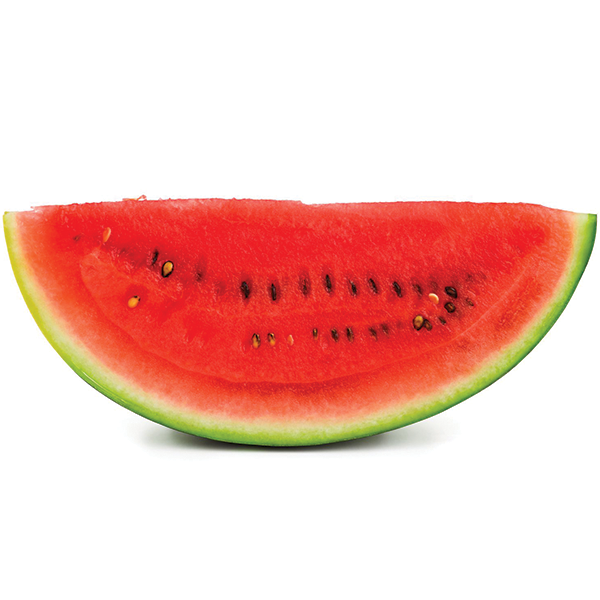
The organic movement has not caught on when it comes to watermelon. It was one of the few organic produce commodities that saw a dip in sales in 2016, and the average price per pound is lower than conventional. If your store has a high demand for organic products, organic watermelon may be a good bet.
Organic watermelons are most popular as a summertime treat. Promote them heavily during the warm months of summer. Include them in summer holiday promotions, especially the Fourth of July.
Include watermelons in promotions with organic berries and other fruit salad ingredients. Cross-promote organic watermelon with organic bagged salads.
Promote watermelon to parents as a sweet snack that’s healthy for their kids. Include it in back-to-school promotions and summer fun promotions.
Mini watermelons may be your best bet when it comes to organic melons so be sure to include them on your display. Organic watermelon is available in both red and yellow varieties, so consumers can have plenty of options.
Full-size organic watermelons take up a lot of space so offer them in bins near the front of the store during the summer. Keep them separated from conventional product and clearly label them as organic.
Use signs to inform consumers of the organic growing practices used to grow organic watermelon. With a similar price point as conventional watermelon, educating your consumers can be key to getting organic watermelon out the door.
Fresh-cut watermelon is a popular option, but avoid cutting organic watermelon in-store unless your store is a certified organic processor.
Shipping
Organic watermelon is available in both seeded and seedless varieties. It is often shipped in 45- to 55-pound cartons. It is also available in bulk bins. Mini watermelons are available in a variety of options, including 11-count cartons and 6- or 7-count cartons.
Grades
United States
U.S. fancy
U.S. No. 1
U.S. No. 2
Handling